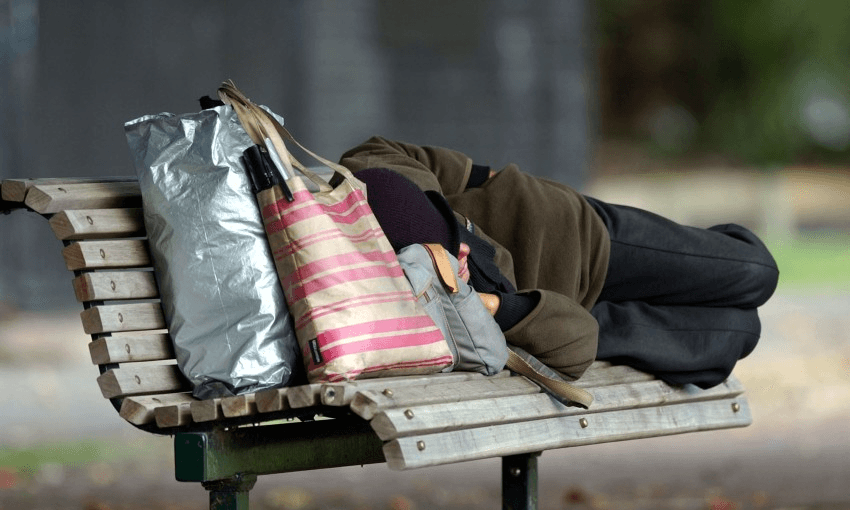Budget 2020: With the unemployment rate growing and predicted to rise further, many more people face financial hardship and poverty. Alan Johnson explores how the government could address this in Thursday’s budget.
In previous budgets the finance minister Grant Robinson proved himself a fiscal conservative, suggesting that it wasn’t time to fully address our various social deficits and that we should save our surplus for a rainy day. Well in fiscal terms it’s a deluge now and his caution has proved prescient.
Through the Covid-19 shutdown we have perhaps been lulled into a false new reality where the benefits of having more time at home became apparent. We have had an outbreak of utopianism with many speculating that we will see a major reset in our values and that we should use the occasion of the massive public spending on the recovery to revise our social and economic policy priorities.
However the uncertainty and immediate cost of the Covid-19 recession and the real threat of a second outbreak means that the government has little time to think about structural change – if indeed it was ever inclined to. Rather, the government’s priorities will need to be on the short-term and we will most likely see this in this week’s budget.
The budget may well focus on keeping SMEs afloat given how badly they have suffered and that they provide the majority of private sector jobs in the New Zealand economy. This assistance as well as capital spending on the so-called shovel ready projects will attract most of the extra money being thrown into the 2020 budget.
Housing will feature prominently in the budget, as it should. After all, we do have a massive shortage of social housing and any possible downturn in private sector building can be picked up through public investment in decent affordable housing. The gearing up of Kāinga Ora as a development agency provides the state with a capacity to do this for the first time in over 35 years.
However, it seems unlikely that the 2020 budget will put much of a dent in child poverty. Child Poverty Action Group estimates that the number of children living in relative poverty could climb 25% to around 350,000 by the end of the year. This estimate is based on an assumption that only 50,000 jobs will be lost in the recession and that the unemployment rate reaches 6.5% – about the same as in the GFC. Things could be much worse given that numbers of adults receiving the jobseeker support rose by 36,000 in April alone.
The main answer to reducing child poverty is to give more money to poor children’s families. The Welfare Expert Advisory Group in 2018 recommended increasing core benefits by 13% to 50% in order to ensure that beneficiaries have adequate incomes. This would cost around $1.3b annually. The $25 per week benefit increase announced just prior to the lockdown is a move in the right direction but is only about quarter of what is required.
Given the massive legacy of debt we now face and the prospect of more spending to sustain businesses and jobs, it seems a distant hope that the government, in the 2020 budget, will find an extra $1b for poverty relief. Perhaps if such priorities were considered necessities in better times the glaring social deficits which now seem irresolvable may not have still existed.
